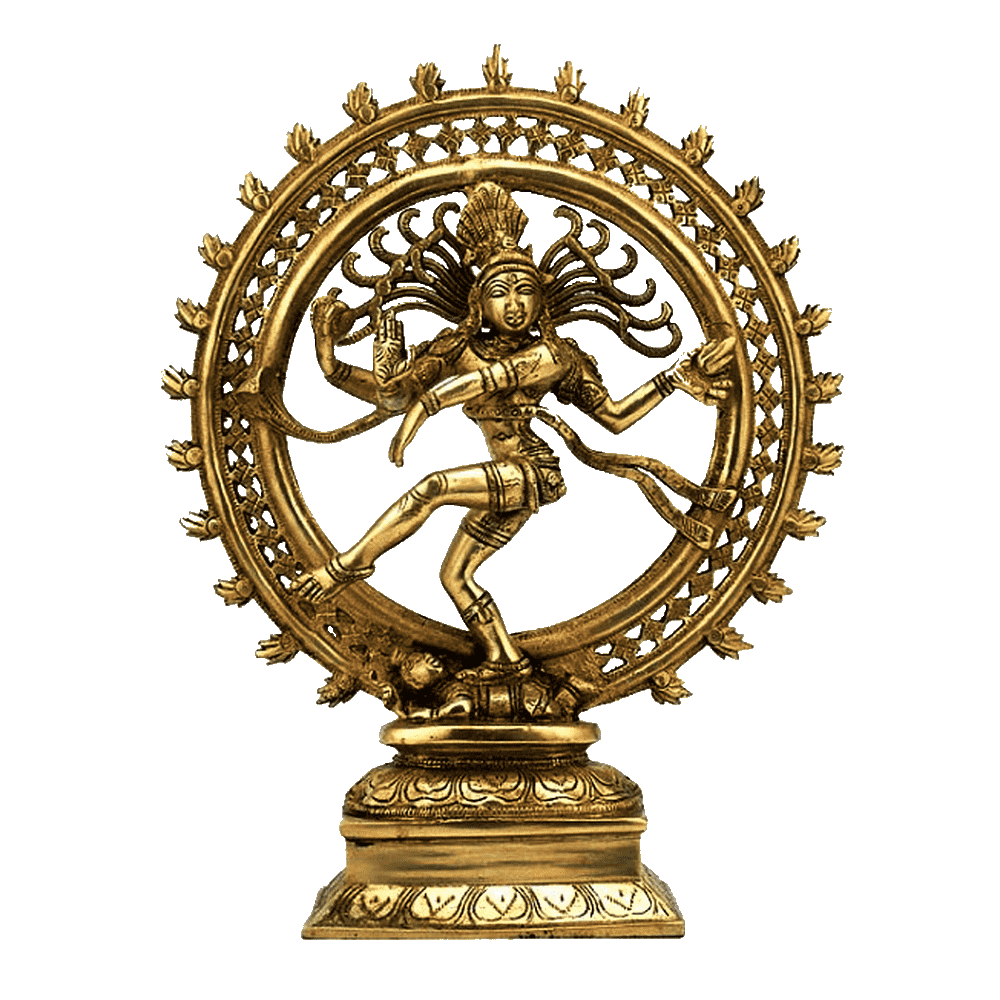
Śāradatilaka Tantra
by Lakṣmaṇa Deśikendra
A Gateway to Understanding the Profound World of Mantras
Introduction:
The Śāradatilaka Tantra, attributed to the esteemed scholar Lakṣmaṇa Deśikendra, stands as a crucial and comprehensive text in the domain of Mantra-śāstra. This ancient scripture is a treasure trove of knowledge, covering a wide array of topics related to mantras. It delves into their origin, significance, and various methodologies for their recitation. Furthermore, the text explores the metaphysical aspects of mantras, revealing how they possess the power to influence and harmonize the subtle energies within the practitioner. In this article, we will take an in-depth look at the Śāradatilaka Tantra and the profound insights it offers into the world of mantras.
The Legacy of Lakṣmaṇa Deśikendra:
The exact origins of Lakṣmaṇa Deśikendra and the precise historical period in which he lived remain shrouded in mystery. Nevertheless, he is revered as an illustrious scholar and an adept practitioner of Mantra-śāstra. His contributions to the field, especially through the Śāradatilaka Tantra, have left a lasting impact on generations of seekers and scholars.
Comprehensive Coverage of Mantras:
Śāradatilaka Tantra is celebrated for its all-encompassing approach to mantras. It explores various types of mantras, ranging from simple and common ones to complex and esoteric hymns. The text provides insights into the different aspects of each mantra, including its phonetic structure, underlying symbolism, and the specific deities invoked through its recitation.
Origin and Significance of Mantras:
The text delves into the origins of mantras and their significance in the spiritual realm. It describes mantras as powerful vehicles of divine energy that connect the practitioner with the cosmic forces. Mantras are seen as channels through which one can establish a direct link with the divine and access higher states of consciousness.
Methodologies for Mantra Recitation:
Śāradatilaka Tantra offers detailed guidance on the proper methodologies for the recitation of mantras. It emphasizes the importance of precise pronunciation, intonation, and rhythm during chanting. The text also lays down the rules for mantra initiation, highlighting the necessity of receiving mantras from an authentic and qualified guru.
Metaphysical Aspects of Mantras:
One of the remarkable features of the Śāradatilaka Tantra is its exploration of the metaphysical dimensions of mantras. It describes how mantras have the power to influence and harmonize the subtle energies (nādīs) and psychic centers (cakras) within the practitioner. Through regular mantra practice, one can purify the mind, balance the energies, and awaken the dormant spiritual potential.
Integration with Tantric Practices:
Śāradatilaka Tantra seamlessly integrates mantras with other aspects of Tantra, such as Yantras and rituals. It elucidates the symbiotic relationship between these practices and how they collectively aid the spiritual evolution of the practitioner.
Conclusion:
The Śāradatilaka Tantra, attributed to the renowned scholar Lakṣmaṇa Deśikendra, stands as a profound and essential text in the realm of Mantra-śāstra. Its comprehensive coverage of mantras, their origin, significance, and methodologies for their recitation make it a valuable resource for seekers and scholars alike. Furthermore, the text’s exploration of the metaphysical aspects of mantras provides invaluable insights into their transformative power in harmonizing and elevating the practitioner’s consciousness. The legacy of Lakṣmaṇa Deśikendra and the wisdom encapsulated in the Śāradatilaka Tantra continue to inspire and guide spiritual aspirants on their journey towards self-discovery and spiritual realization.
Editor – Kaalchakra Team
[ Note – Before Concluding anything as a Finale, Please Go through Original Scriptures of Vaidik Literature Written in Sanskrit and Also with Meaning of That time of Language. Because English is a Limited language to Explaining the Deeper Knowledge of Vaidik Kaal. ]
